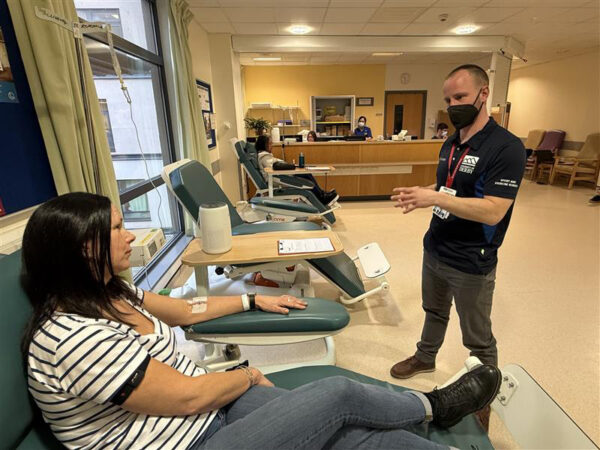Latest News | 24 August 2021
Measures needed at firms considering remote working says study

A new study by academics at the University of Derby has recommended that firms considering continuing with remote working need to implement measures to improve their wellbeing.
The study said that those considering remote working in the post-pandemic world need to introduce measures to increase physical activity, reduce stress and improve diet for employees.
The team surveyed participants’ living and working conditions to study the relationship between physical and psychosocial wellbeing and productivity under lockdown conditions.
They also examined how factors such as gender, employer support and parental duties affected their situation.
They assessed the habits of 184 workers who had begun working remotely during the first UK lockdown in 2020 to measure the impact of the change to their lives.
Compared to their pre-pandemic levels of activity, 70% of participants reported having a more sedentary lifestyle and around a third increased their food and alcohol intake during lockdown.
In addition, two-thirds found consuming news about the virus psychologically distressing.
These factors contributed to a deterioration in mental health and how effective employees were in their jobs, according to the study, entitled ‘Influence of the COVID-19 lockdown on remote workers’ physical and psychosocial wellbeing and work productivity’.
Dr Fabio Parente, post-doctoral research fellow at the University’s School of Psychology, said: “It is well known that a more sedentary lifestyle leads to a decline in mental health which, in turn, reduces productivity.
“As people started working from home, they ate more, drank more and spent more time sitting.
“Additionally, consumption of distressing Covid-19 news may have further affected both their physical and psychological wellbeing.”
However, there were some positive findings, with around half of those surveyed engaging in more vigorous exercise than prior to the lockdown.
Fabio said: “Some of our findings suggest that remote work can have positive consequences, such as reducing commuting expenses and a greater sense of agency and independence.
“This tells us that remote working can become a viable employment model for many, provided this transition is adequately supported both by governments and employers.”


